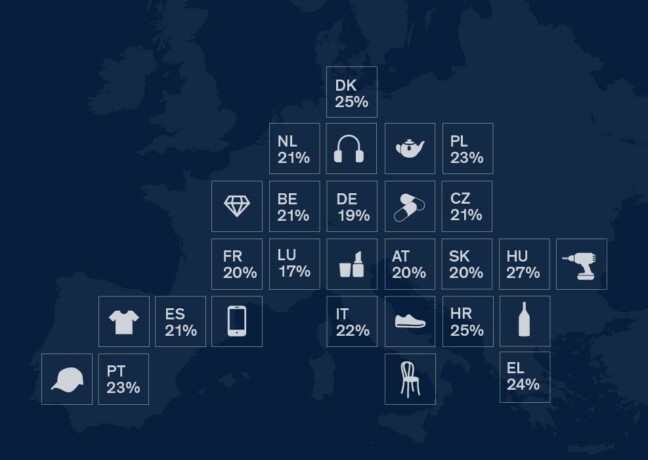“Creating purchase incentives for green products by lowering the VAT rate must be the subject of the coalition’s fiscal talks and, in the end, their goal.”
How to achieve the socio-ecological turnaround
A Green VAT would be a substantial contribution to the socio-ecological turnaround. With his proposal, Roman Maria Koidl addresses the coalition parties in the German Bundestag.
Why GreenVAT should be the target of coalition talks
A reduced VAT on ecological, sustainably produced and environmentally friendly products is what Roman Maria Koidl, VAT expert and CEO of eClear AG, is calling for:
“A reduction in the VAT rate for green products creates incentives to buy. That is why a green VAT must be the subject of the coalition’s fiscal talks and, ultimately, its goal.”
A green VAT would strengthen competition for sustainably produced products and create additional acceptance among the population, above all by reducing the price difference to conventionally produced goods.
The flexibilisation of VAT rates decided by the ECOFIN Council in the summer, according to which each product can be charged an individual VAT rate of between 5% and 25%, would provide the right basis for this.
Sustainability
The term sustainability has gained increasing attention and importance. According to the BetterTomorrow initiative, however, there is “no universally valid fixed definition” of sustainability.
History
The term sustainability originated as early as 1713 and was coined by Hans Carl von Carlowitz, a chief miner from Saxony. Due to an impending shortage of wood, he demanded that only as much wood be felled as could grow back through planned reforestation.
This was the first case for the principle of sustainable use of raw materials.
Global alliances
Another milestone was Agenda 21, the final document of the 1992 environmental conference in Rio de Janeiro. This treaty on climate change was signed by 172 nations and paved the way for a uniform climate policy. This resulted in, among other things, the German Sustainability Council. It is committed to an ambitious implementation of the global sustainability goals, which are the framework and benchmark of Germany’s sustainability policy.
Germany
According to the Federal Environment Agency, the German Sustainability Strategy addresses the following topics in particular:
What does sustainable agriculture look like? How can life in water be protected? How and with which instruments can we contribute to social cohesion? And others.
Products
Broken down to the manufacture of products, one speaks of sustainable or eco-friendly products when attention is paid to economically sensible processes that minimize negative impacts on the environment and at the same time conserve energy and natural resources.
Value Added Tax
Value-added tax is one of the largest sources of income for a state, next to income tax. Every person inevitably encounters it, whether shopping at the supermarket, going to the cinema, or paying the craftsman’s bill.
The basic idea is that every sale, no matter how small, should be taxed; value-added tax accompanies every product, from raw materials to finished goods to the consumer’s hand.
VAT in europe
Every country in the EU has a standard tax rate, ranging from 17% in Luxembourg to 27% in Hungary. In addition, there are reduced rates and numerous exceptions. Reduced rates are consistently applied to essential goods for everyday life. These are usually groceries and books. This tax relief is intended to make it easier for financially disadvantaged people to buy these products. Other EU countries go even further. Ireland, for example, does not tax children’s items up to a specific size, and ladies’ hygiene articles are also entirely exempt.
In Germany, the standard tax rate is 19%, but it was temporarily reduced to 16% in 2020 due to the economic weakening caused by the Coronavirus pandemic. The reduced tax rate is 7%. Here, too, there was a temporary reduction to 5%.


